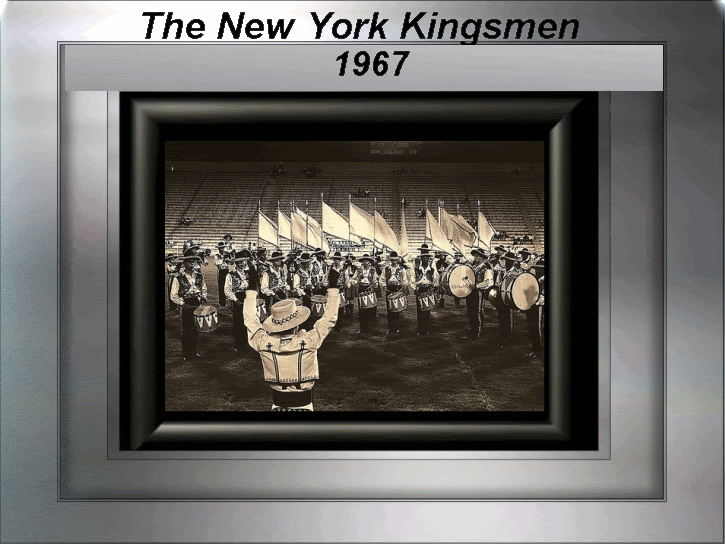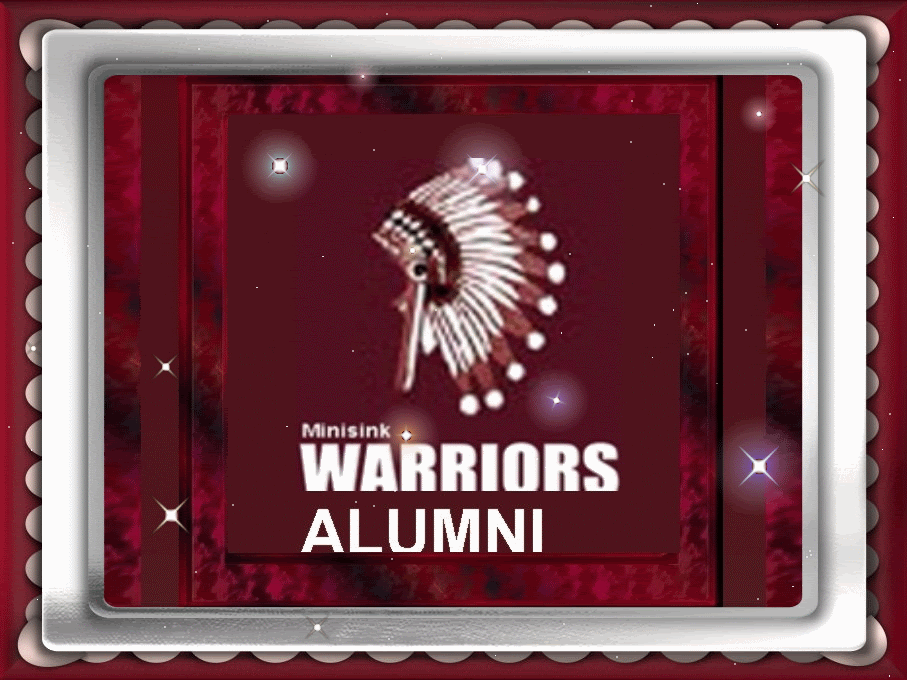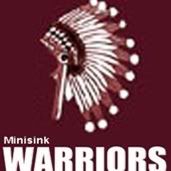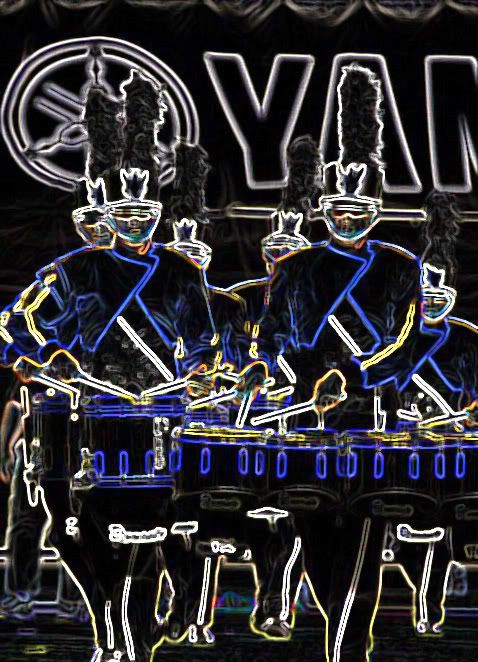 We toured the building looking in on the various activities. In a small room, a student teacher, Mitzi Beach, was supervising an after school study group for younger children. Reading , math and languages are the subject in which most help is needed.
We toured the building looking in on the various activities. In a small room, a student teacher, Mitzi Beach, was supervising an after school study group for younger children. Reading , math and languages are the subject in which most help is needed.In the gym, young Cadet Corps officers were putting their uniformed squads through their paces, and the air rang with commands: "Attenshun! Salute!" There was no fooling around. Every boy in the lower ranks apparently is determined to show he is officer material.
In a medium-seized room , choir director Darold Hunt was conducting a practice session. The boys whose voices were raised in song were wearing spotless white surplices over their black cassocks. Here, too, apparently, neatness counts. Hunt, a bearded, intense, articulate young man, is studying conducting at Juilliard. He will be conducting at Harlem chorale, a semi-professional group, this coming season.
Admitting that he is a firm disciplinarian, Hunt said, "These boys put you through hell, but they're beautiful. You get to love them very quickly. Why am I doing this? I hope that by exposing them to music I'm bringing them something they don't ordinary get in their lives. That they're black is superfluous-I refuse t accept black paranoia-but it is important for them to have a black leader. If they accept that, there is a feedback to themselves of their black image in the person of a leader."
















